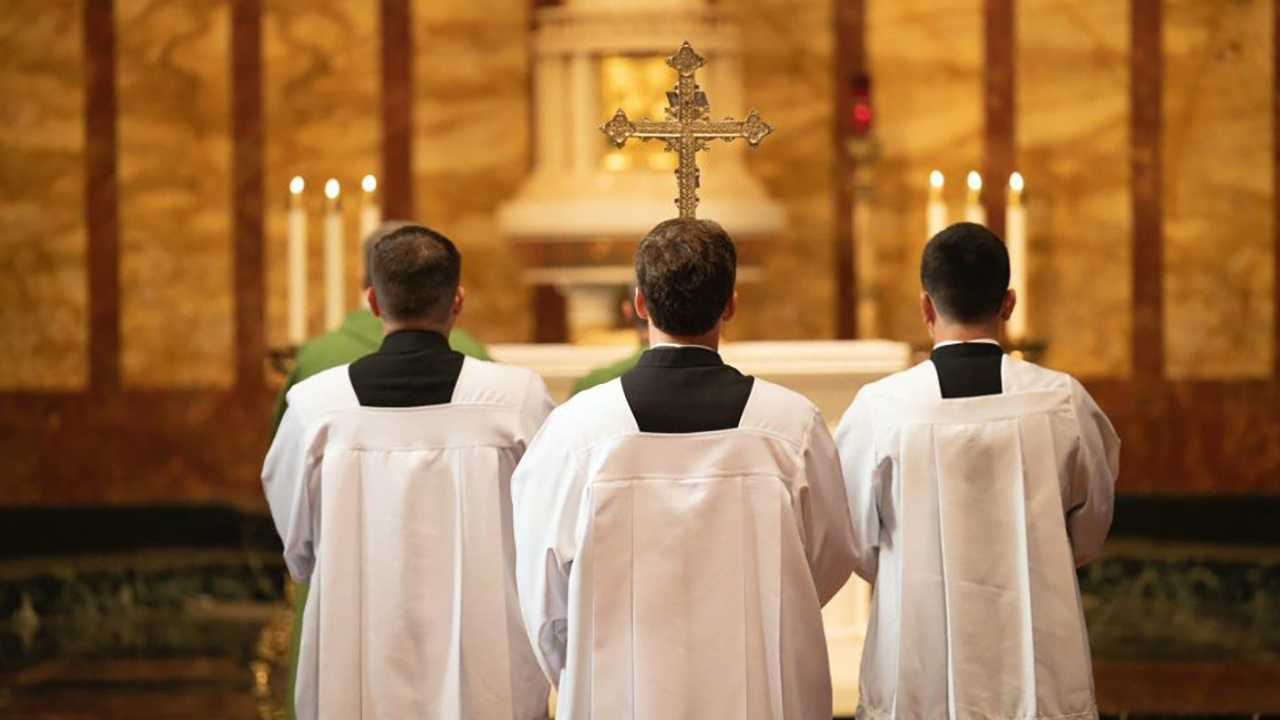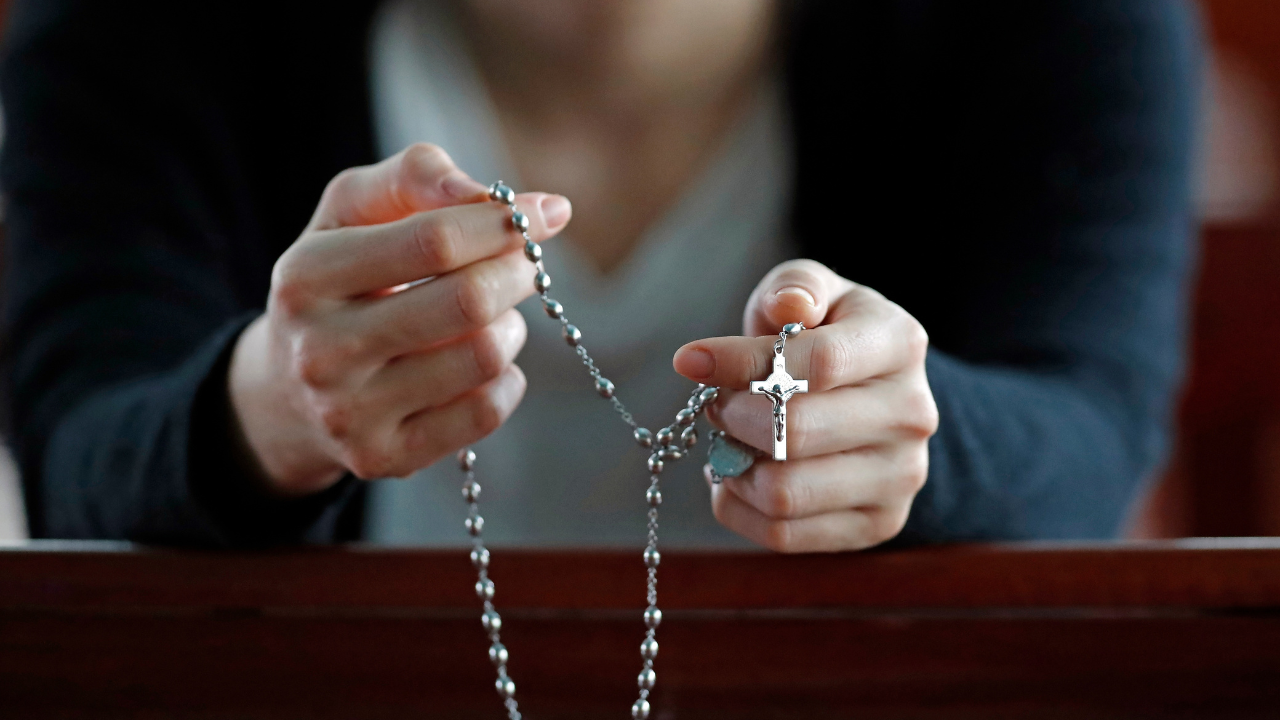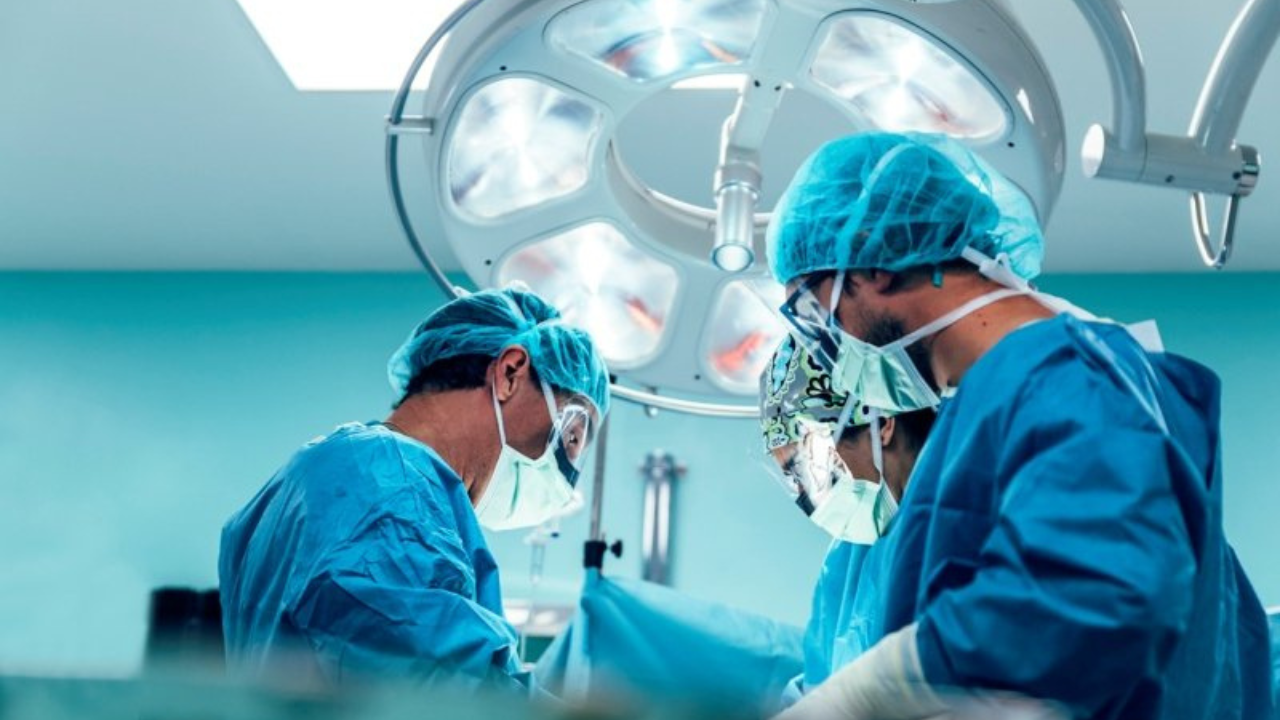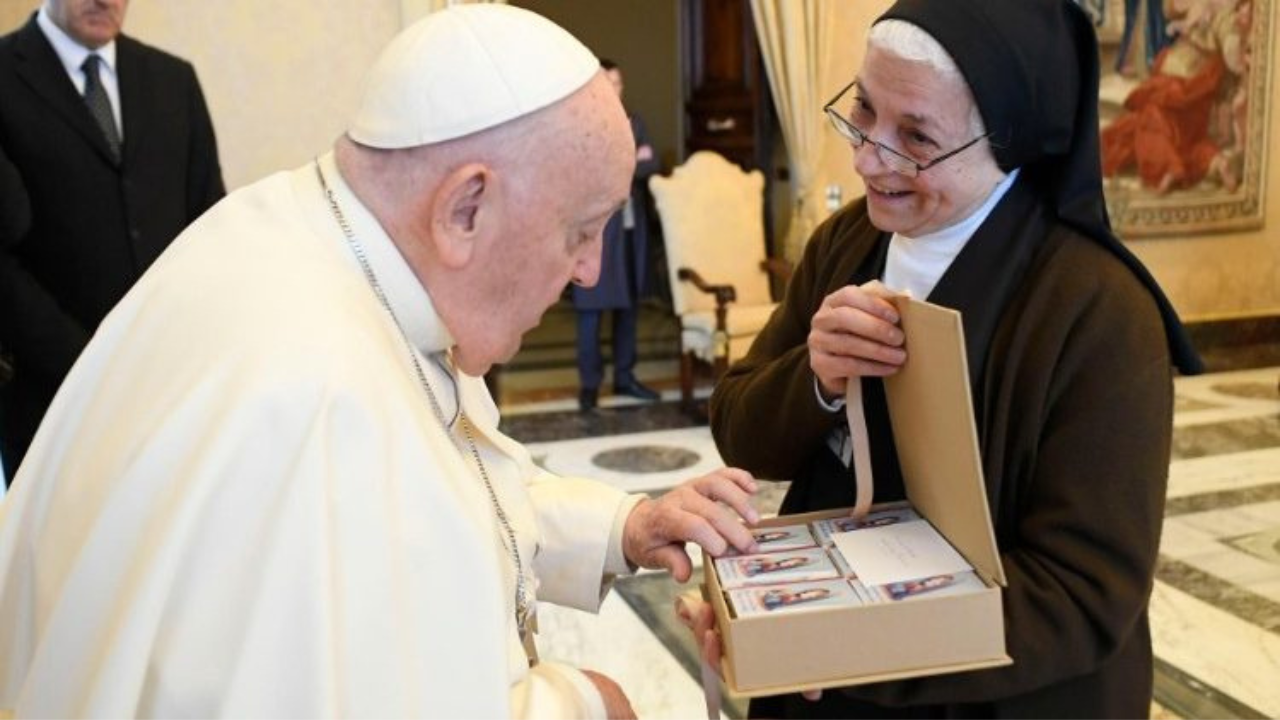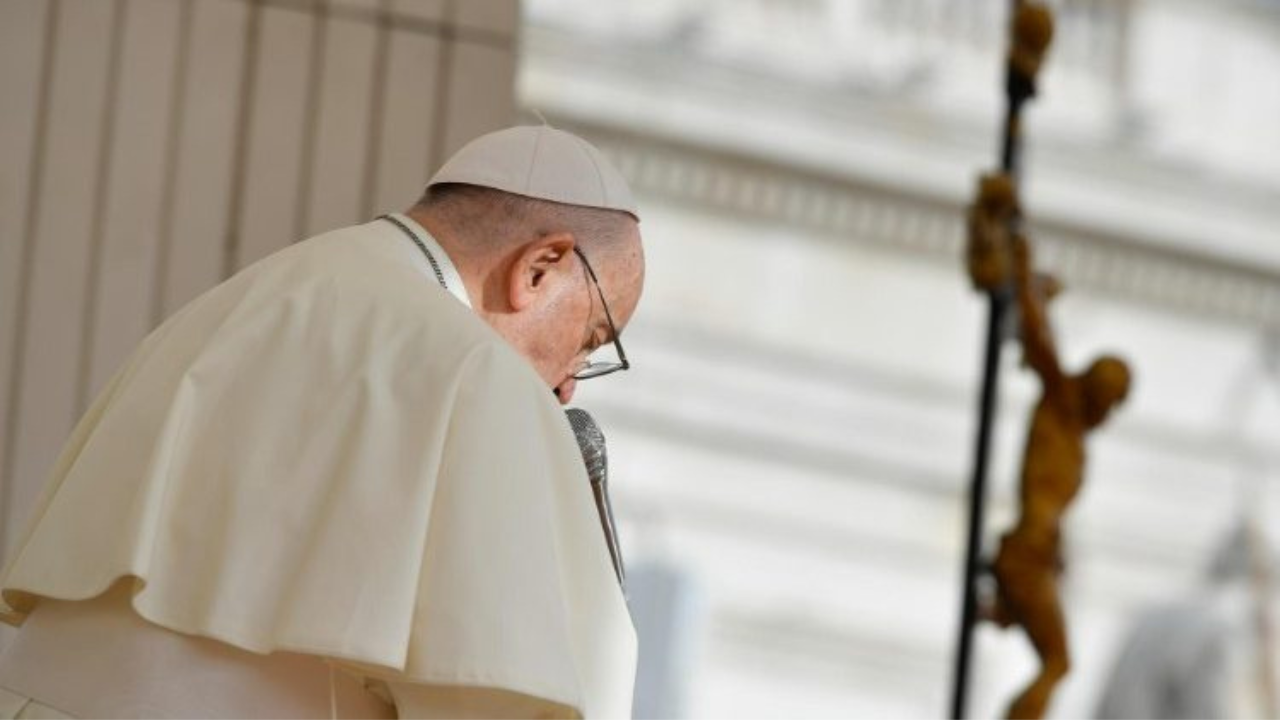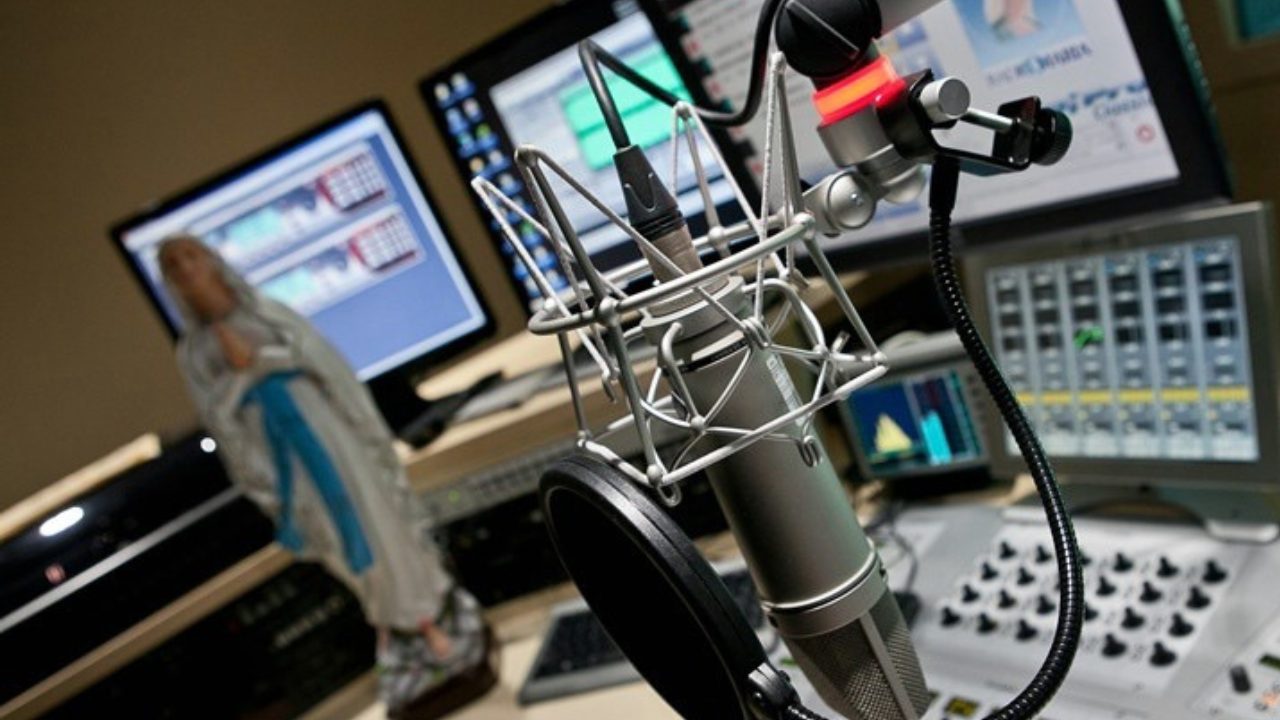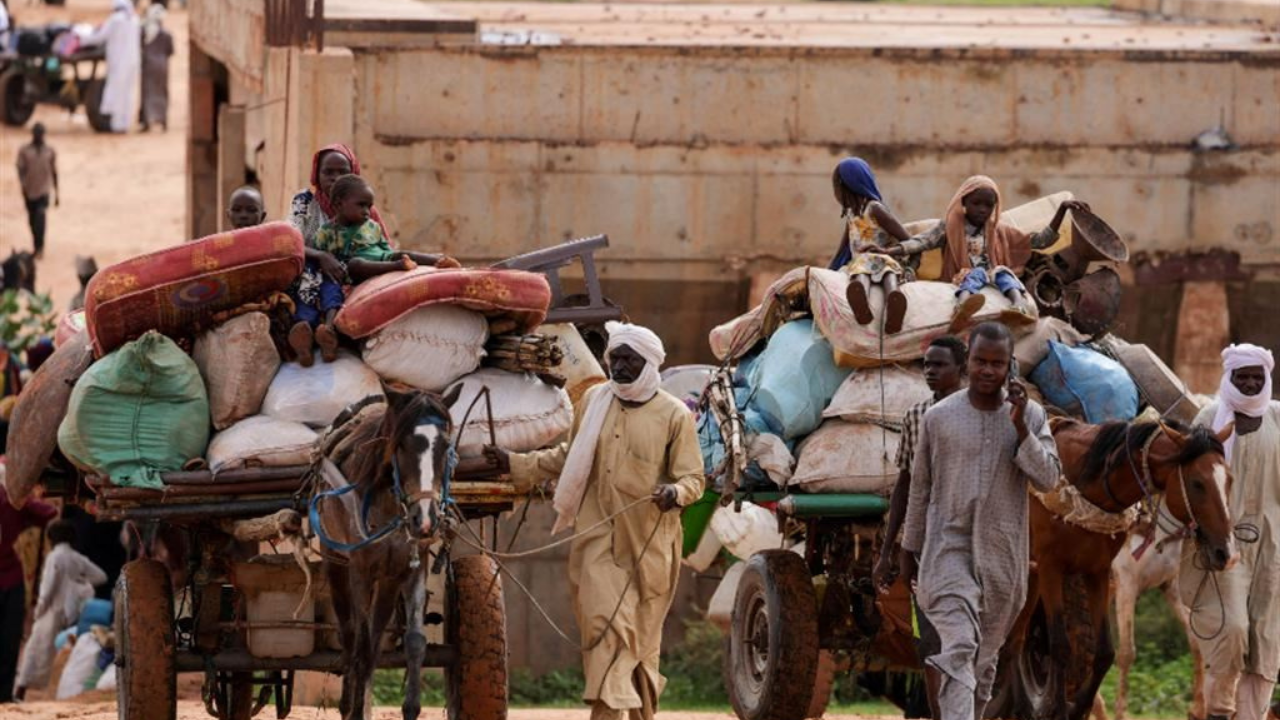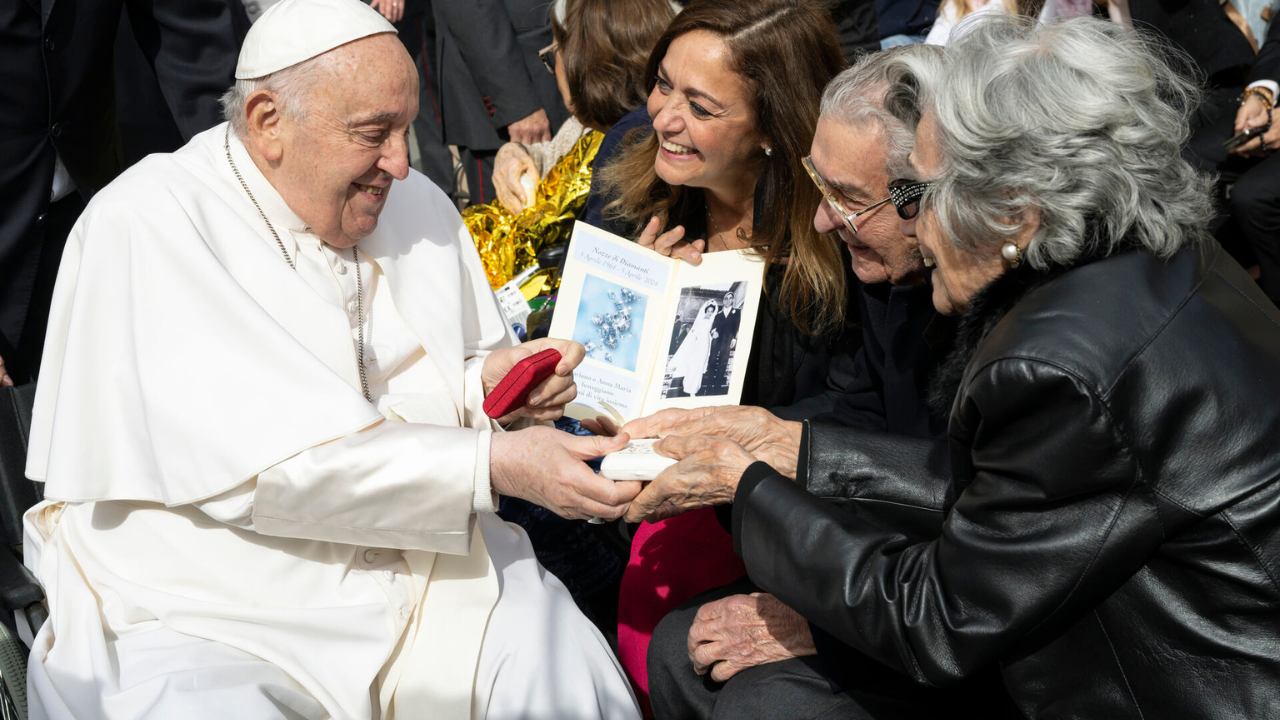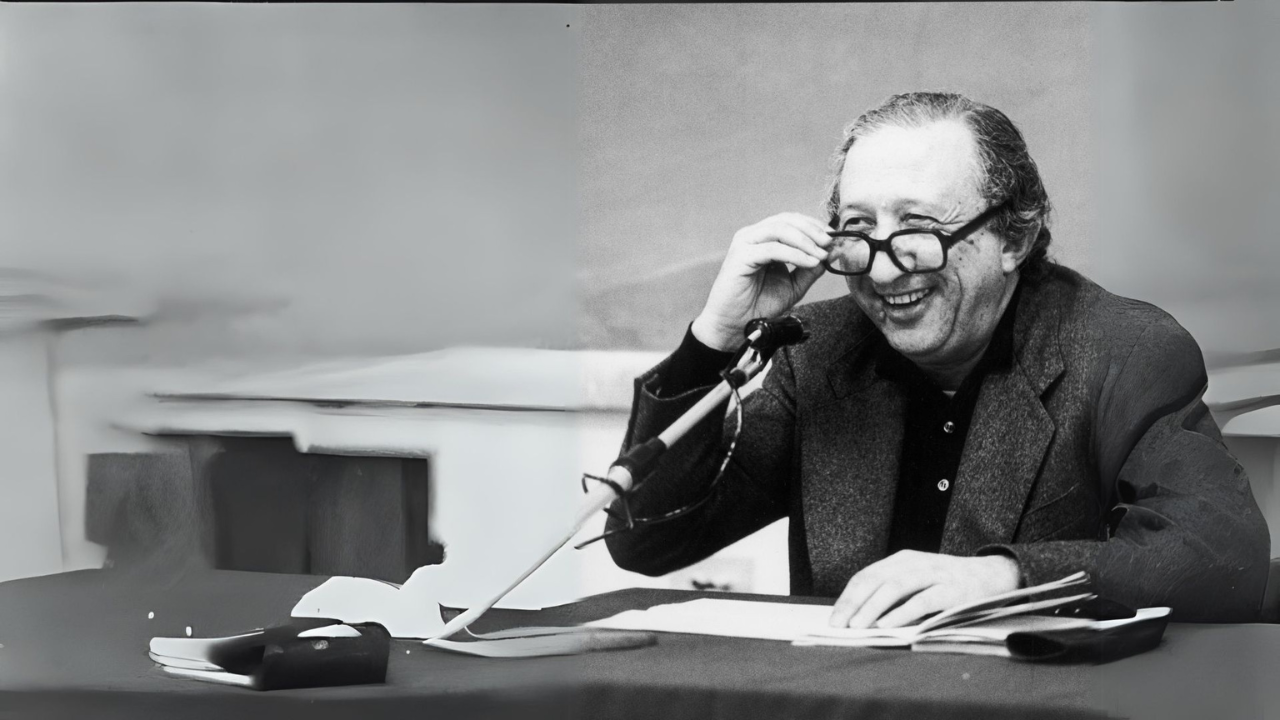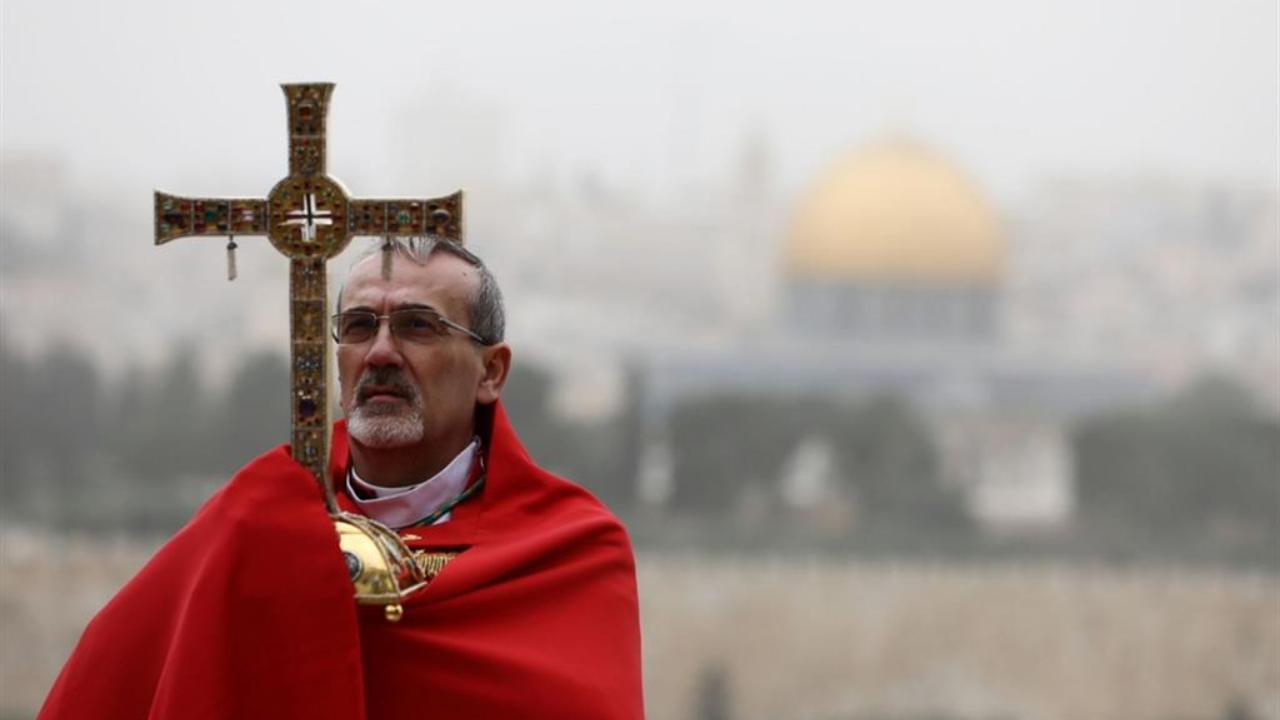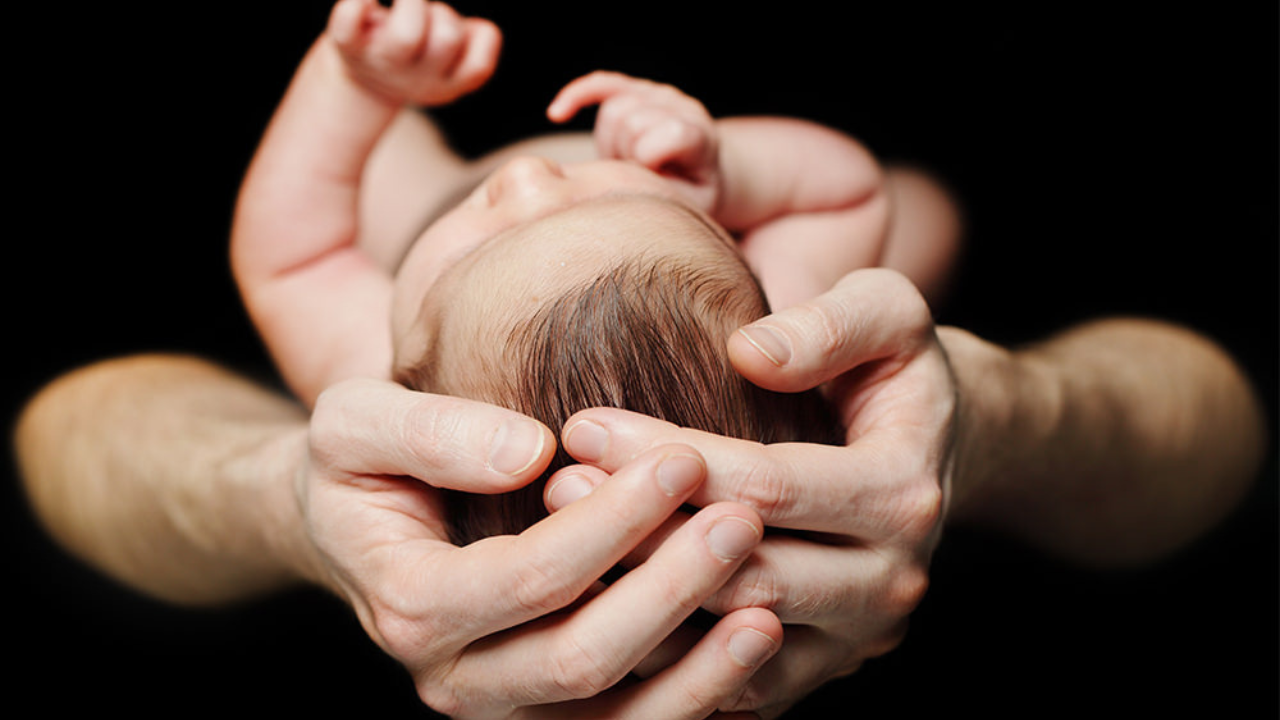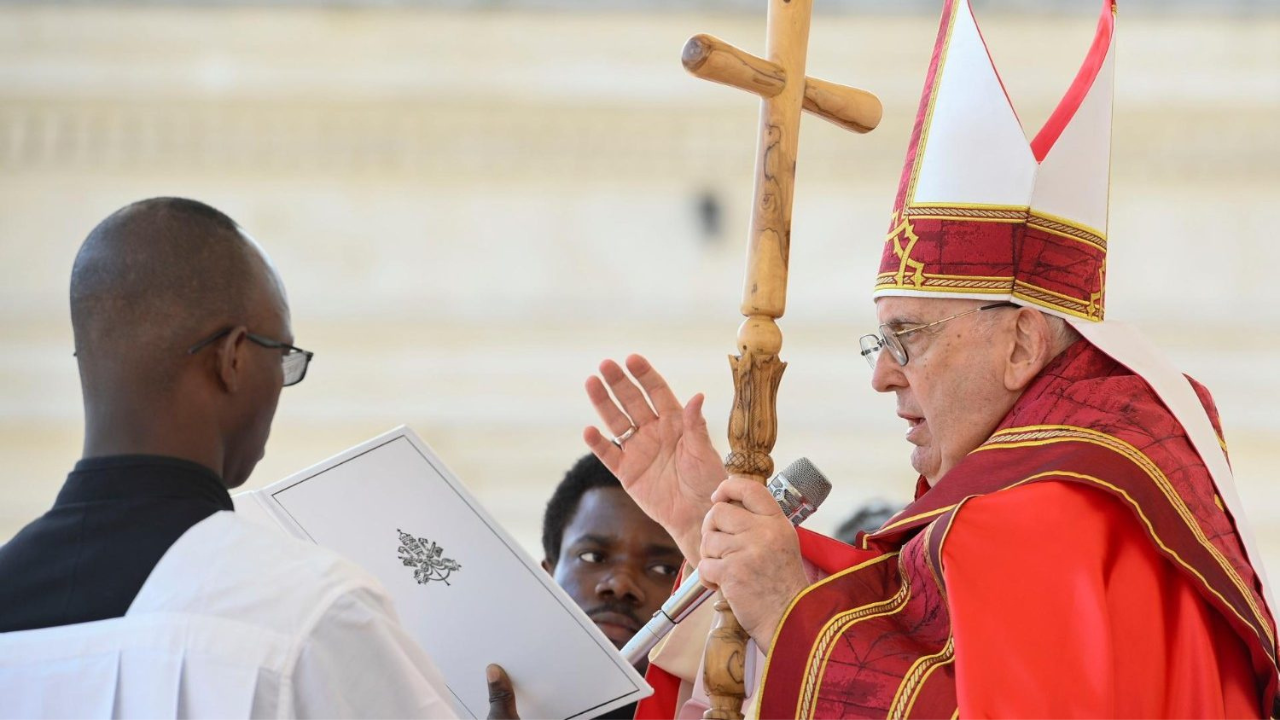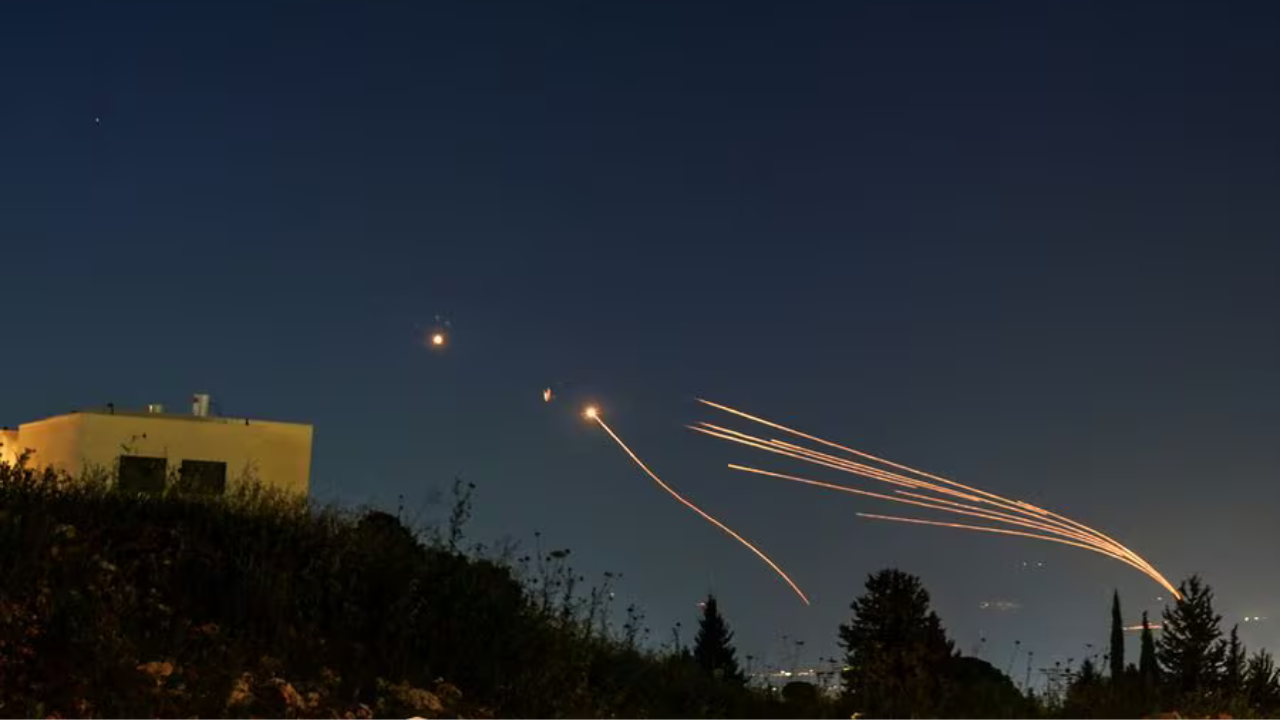What would happen if the pope were unable to perform his duties as the head of the Catholic Church? After more than 2,000 years since the establishment of the papacy, the Church still doesn't have a clear answer.
But a growing movement among canon law experts is seeking to develop and clarify the current church laws dealing with a so-called “obstructed papacy,” which are based on the laws in place for bishops at the diocesan level.
FR. LUIGI SABBARESE
Professor of Canon Law, Pontifical Urban University
The code says that the diocesan see can be obstructed due to imprisonment, exile, or inability of the bishop, so you would have to proceed by comparison, but this is not always a smooth process, it can be complicated.
Professor Luigi Sabbarese was one of the more than 20 canon law experts who participated in a conference focused on regulating an obstructed papacy and papal resignations.
He says there has been increased activity in this field following Pope Francis' ten-day hospital stay to receive colon surgery, after which he revealed he had problems with anesthesia. But even earlier—after the resignation of his predecessor, Pope emeritus Benedict XVI.
FR. LUIGI SABBARESE
Professor of Canon Law, Pontifical Urban University
The fact that the pope resigned made clear the newness of this institution, which, by the nature of things, cannot be continuously applied.
In addition, a rise in global life expectancy makes it even more likely that popes develop chronic illness or that their mental faculties diminish with age, presenting new questions about the state in which a pope is deemed fit to serve the Church.
Sabbarese and his colleagues say that a new canon law must establish guidelines for declaring a state of “obstructed papacy,” determine who oversees the Curia, and most importantly, who calls the election of a new pope.
FR. LUIGI SABBARESE
Professor of Canon Law, Pontifical Urban University
[It must] foresee the presence of a medical commission, and above all decide who, be it a person or a body within the curia, should declare authoritatively that the apostolic see is obstructed, and they declare with a [canonic] right that the see no longer has an incumbent fit to exercise the ministry of the pope, and that the election of a new pontiff should proceed.
Yet the path to altering canon law can be long. After coming together to create a proposal, canon law experts will likely submit it to the Vatican's Dicastery for Legislative Texts, with the hopes that it makes its way up to the pope, the only person in the Vatican with the power to declare it a law of the Church.
JM
